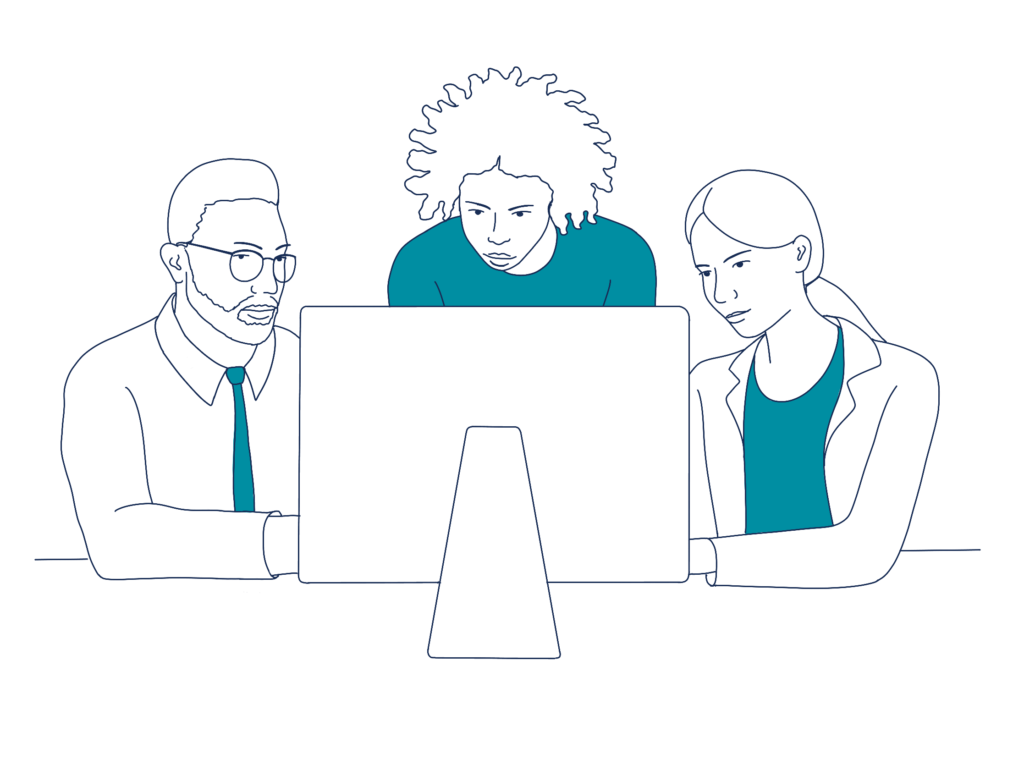Expanding your rehab center to offer dual diagnosis addiction treatment for people with a diagnosed mental health disorder can not only improve your overall success rate but place your facility in a better position to accept patients from a variety of backgrounds.
Long gone are the days when substance use treatment took a one-size-fits-all pathway. People searching for recovery services are now actively seeking out centers that can provide more than just detox and substance use therapy.
Whether it’s dealing with mental health disorders or the mental stressors caused by their careers, providing dual diagnosis treatment is the new normal, and rehabs who don’t offer these services may struggle to effectively help the participants in their programs.
What Is a Dual Diagnosis?
If an individual suffers from a mental health condition like depression or anxiety alongside one or more substance use disorders, they have a dual diagnosis. The National Survey on Drug Use and Health (NSDUH) directed by the Substance Abuse and Mental Health Services Administration (SAMHSA) estimates that 45% of individuals living with addiction have a dual diagnosis.
Often mental health treatment can be as necessary as detoxing and undergoing treatment for drug or alcohol abuse. This is because, in many cases, the patient’s mental health issue may have played a causal role in the development of their addiction. Alternatively, chemical dependence can also exacerbate or create a mental health issue that may have otherwise been latent or never have surfaced absent the use of substance.
Providing patients with dual diagnoses an integrated treatment plan is crucial to address both the addiction itself and any possible underlying conditions contributing to it.
Types of Dual Diagnosis Treatment Programs
There are various options for treatment of dual diagnosis at evidence-based rehabilitation programs, whether on an inpatient or outpatient basis, including:
- Cognitive-behavioral therapy (CBT): CBT is an effective treatment option for substance abuse and mental illnesses like anxiety. CBT helps people learn to identify and cope with possible triggers of their mental health disorder while also providing them with strategies to prevent relapse.
- Dialectal behavioral therapy (DBT): DBT involves helping patients identify and avoid situations and feelings that may cause relapses. The treatment is especially effective in simultaneously treating borderline personality and bipolar disorder.
- Rational emotive behavior therapy (REBT): REBT is another option for dual diagnosis treatment, involving consciously assessing and improving your thought patterns and emotional reactions to events and people around you.
- Integrated group therapy: This form of treatment seeks to address the symptoms and causes of both the alcohol or drug abuse and mental disorder simultaneously in an open, non-judgmental group environment, which can help participants feel less isolated.
- Individualized psychotherapy: It’s essential to recognize not every dual diagnosis can be treated in the same way. Providing each participant in your rehab program with access to a one-on-one therapist can help them deal with their personal issues, which may not have been addressed in a group setting.1
- Eye movement desensitization and reprocessing (EMDR): EMDR is the most widely recommended treatment route for people who have post-traumatic stress disorder, including first responders and veterans. EMDR allows patients to relive traumatic experiences while their therapist guides their eye movements to ensure the memories are less upsetting.
Tips for Creating a Dual Diagnosis Treatment Center

When looking to provide dual diagnosis treatment for individuals with mental health and addiction disorders, treatment facilities should focus on delivering high-quality therapies and support groups like those listed above.
Whether your facility focuses on treating PTSD, eating disorders, or depression alongside addiction, your staff must be trained to deal with the specific needs of these patients, and your center should be fitted with the right equipment and amenities to enhance their program.
If your rehab is a fully fledged dual diagnosis treatment center, you may also benefit from using RecoverWell.
RecoverWell acts as a matchmaking software, connecting individuals searching for specialized treatment to the right, registered rehab for them based on their budget, insurance coverage, and dual diagnosis requirements.2
This service can help fill your facility with participants who can benefit the most from your addiction treatment and therapies.
Sources:
